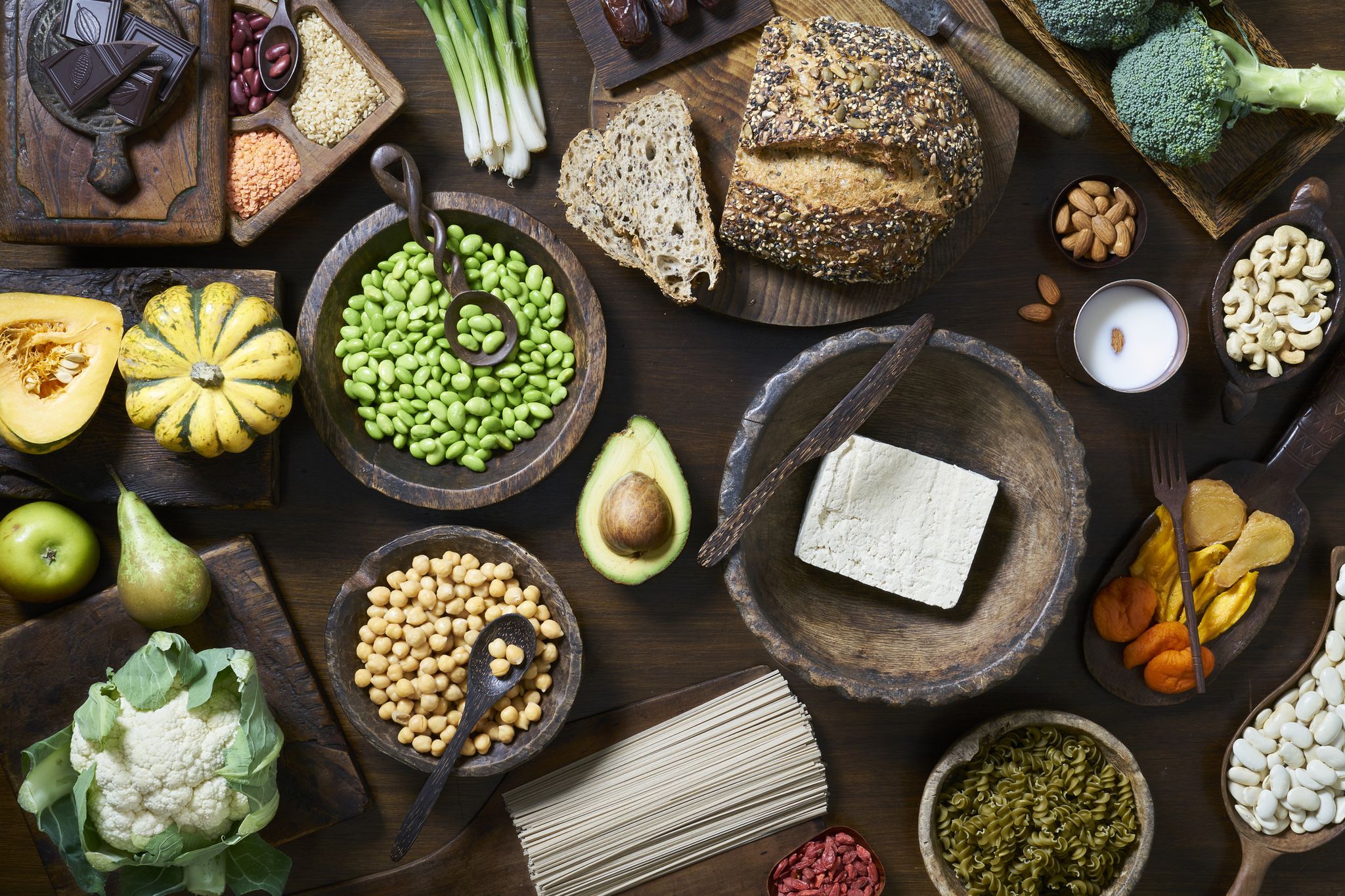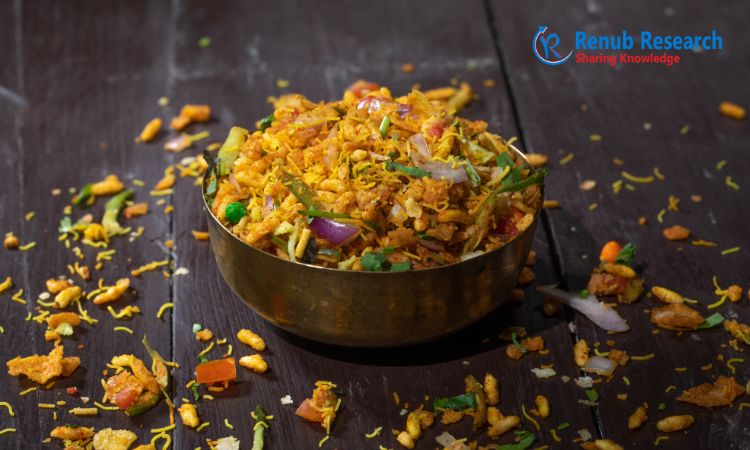In the quest for a healthier and more sustainable diet, many people are turning to plant based protein sources as a primary component of their meals. Not only does this dietary choice align with ethical and environmental concerns, but it also offers a multitude of health benefits. In this guide, we’ll explore the top 10 plant based protein sources that can help you maintain a balanced and nutritious diet.
Why Choose Plant Based Protein?
Plant based protein has gained popularity for several compelling reasons. First and foremost, it aligns with environmental sustainability as it generally has a lower carbon footprint compared to animal-based protein sources. Moreover, plant based proteins can be an excellent choice for those seeking to reduce their risk of chronic diseases, such as heart disease and diabetes. They are typically lower in saturated fats and cholesterol, making them heart-healthy options.
Factors to Consider
When incorporating plant based protein into your diet, it’s essential to consider variety. A diverse range of plant based protein sources ensures you get a broad spectrum of nutrients. Additionally, consider your daily protein intake requirements. The recommended daily intake varies depending on age, gender, and activity level. For the average adult, about 50 grams of protein daily is a reasonable goal.
Criteria for Selection
Our selection of the top 10 plant based protein sources is based on various criteria, including protein content per serving, nutritional value, versatility, and ease of inclusion in a balanced diet. Let’s delve into each of these fantastic protein sources:
Lentils
Lentils are a nutritional powerhouse. A cup of cooked lentils provides approximately 18 grams of protein. They are also rich in fiber, iron, and folate. Lentils can be used in soups, stews, salads, and even veggie burgers.
FAQs about Lentils:
Can I get enough protein from lentils alone?
Yes, lentils are an excellent source of plant based protein, but it’s essential to combine them with other protein sources for a well-rounded diet.
Are lentils suitable for children?
Yes, lentils are a nutritious choice for children. Ensure they are cooked well and served in child-friendly dishes.
Chickpeas
Chickpeas, also known as garbanzo beans, are another fantastic plant based protein source. A cup of cooked chickpeas contains around 15 grams of protein. They are also rich in fiber, vitamins, and minerals.
FAQs about Chickpeas:
- Can I use chickpeas as a meat substitute in recipes?
Absolutely! Chickpeas can be mashed and used as a base for veggie burgers or added to stews and curries.
- Are canned chickpeas as nutritious as dried ones?
While canned chickpeas are convenient, rinsing them can help reduce the sodium content. Dried chickpeas are also a great option if you have time to soak and cook them.
Tofu
Tofu is a versatile soy-based protein source. A 3.5-ounce (100g) serving of tofu provides approximately 8 grams of protein. It’s also an excellent source of calcium and iron.
FAQs about Tofu:
- Is tofu suitable for a vegan diet?
Yes, tofu is a staple in many vegan diets due to its protein content and versatility in various recipes.
- How should I prepare tofu for optimal taste?
Tofu can be marinated and grilled, sautéed, or blended into smoothies or desserts. Its flavor depends on how you season and prepare it.
Quinoa
Quinoa is a complete protein source, meaning it contains all nine essential amino acids. A cup of cooked quinoa provides around 8 grams of protein. It’s also rich in fiber, magnesium, and antioxidants.
FAQs about Quinoa:
- Is quinoa gluten-free?
Yes, quinoa is naturally gluten-free, making it an excellent choice for individuals with gluten sensitivities.
- Can I use quinoa as a base for salads and grain bowls?
Absolutely! Quinoa’s nutty flavor and fluffy texture make it a great addition to salads and bowls.
Black Beans
Black beans are a protein-rich legume, with about 15 grams of protein per cup when cooked. They’re also an excellent source of fiber, folate, and potassium.
FAQs about Black Beans:
- Are canned black beans as nutritious as dried ones?
Canned black beans are convenient, but look for low-sodium options and rinse them to reduce sodium content.
- Can black beans be used in sweet recipes?
Yes, black beans can be used in desserts like brownies and chocolate cakes to add moisture and protein.
Tempeh
Tempeh is a fermented soybean product with a nutty flavor and firm texture. A 3.5-ounce (100g) serving contains approximately 19 grams of protein.
FAQs about Tempeh:
- Is tempeh high in probiotics due to its fermentation process?
Yes, tempeh’s fermentation process makes it a source of probiotics, which can benefit gut health.
- How can I include tempeh in my diet if I’m not a fan of its taste?
Marinating tempeh or crumbling it into recipes can help disguise its taste for those who find it strong.
Edamame
Edamame are young soybeans and a great snack or addition to salads. A cup of edamame provides about 17 grams of protein.
FAQs about Edamame:
- Are edamame suitable for kids?
Yes, edamame can be a nutritious and fun snack for kids when served in the pod or shelled.
- Can I use frozen edamame in recipes?
Yes, frozen edamame can be used in recipes just like fresh ones, making them a convenient choice.
Chia Seeds
Chia seeds are small but mighty when it comes to nutrition. Two tablespoons of chia seeds contain around 4 grams of protein. They’re also an excellent source of omega-3 fatty acids, fiber, and antioxidants.
FAQs about Chia Seeds:
- How can I incorporate chia seeds into my diet?
Chia seeds can be added to smoothies, yogurt, oatmeal, or used as a thickening agent in recipes.
- Are chia seeds suitable for people with nut allergies?
Yes, chia seeds are a nut-free alternative for adding crunch and nutrition to dishes.
Almonds
Almonds are not only a delicious snack but also a good source of protein. A quarter-cup of almonds contains around 6 grams of protein.
FAQs about Almonds:
- Are almond butters and almond milk good sources of protein?
While almond products are nutritious, they are not as protein-dense as whole almonds.
- How can I use almonds in cooking?
Almonds can be chopped and added to salads, oatmeal, or used as a crunchy coating for dishes.
Spinach
While not as protein-rich as some other options on this list, spinach is a versatile leafy green that can be a valuable part of a plant-based diet. A cup of cooked spinach provides around 5 grams of protein.
FAQs about Spinach:
- Is spinach a good source of iron?
Yes, spinach is rich in iron, but pairing it with vitamin C-rich foods can enhance iron absorption.
- Can spinach be used in smoothies without affecting the taste?
Yes, spinach can be blended into smoothies without significantly altering the flavor, making it a stealthy source of nutrients.
Incorporating Plant Based Protein into Your Diet
Incorporating these plant based protein sources into your daily meals is easier than you might think. They can be used in a variety of dishes, from salads and soups to stir-fries and sandwiches. Below are some tips for integrating these protein-rich foods into your diet:
- Create a hearty lentil soup or stew for a satisfying meal.
- Make a protein-packed salad with chickpeas, quinoa, and plenty of veggies.
- Grill or stir-fry tofu for a flavorful and protein-rich main course.
- Use quinoa as a base for grain bowls topped with your favorite vegetables and sauces.
- Enjoy black bean tacos or burritos with all the fixings.
- Experiment with tempeh in place of meat in recipes like tacos and sandwiches.
- Snack on edamame or add them to salads for an extra protein boost.
- Make chia seed pudding for a nutritious breakfast or dessert.
- Snack on almonds or add them to homemade trail mix.
- Boost the nutrient content of smoothies with a handful of spinach.
Conclusion
Incorporating plant based protein sources into your diet can significantly contribute to your overall health and well-being. Whether you’re a vegan, vegetarian, or simply looking to reduce your reliance on animal products, these protein sources offer a delicious and nutritious way to maintain a balanced diet while minimizing your environmental impact.
FAQs About Plant Based Protein
1. Can I get enough protein from plant-based sources alone?
Yes, you can obtain all the essential amino acids and meet your protein needs through a well-balanced plant-based diet that includes a variety of protein sources.
2. Are plant based proteins suitable for children?
Yes, plant based proteins can be part of a child’s diet. It’s essential to ensure they get a variety of nutrient-rich foods to meet their growing needs.
3. Is it possible to build muscle on a plant-based diet?
Absolutely. Many athletes and bodybuilders follow plant-based diets and achieve their fitness goals by focusing on protein-rich foods and proper training.
4. What are the best sources of plant based protein for weight loss?
Beans, lentils, and tofu are excellent choices for weight loss as they are high in protein and fiber, promoting satiety.
5. Can plant based protein sources provide enough iron and calcium?
Yes, plant-based sources like spinach and fortified foods can provide iron and calcium. Combining them with vitamin C-rich foods enhances iron absorption.
6. Are there any concerns with anti-nutrients in plant based proteins?
Some plant-based foods contain anti-nutrients that can interfere with nutrient absorption. Cooking, soaking, or fermenting these foods can help reduce anti-nutrient levels.
Remember, incorporating these plant based protein sources into your diet can be a delicious and rewarding journey toward better health for yourself and the planet. Embrace the versatility of these foods, and you’ll discover a world of culinary possibilities that are both nutritious and environmentally friendly.




